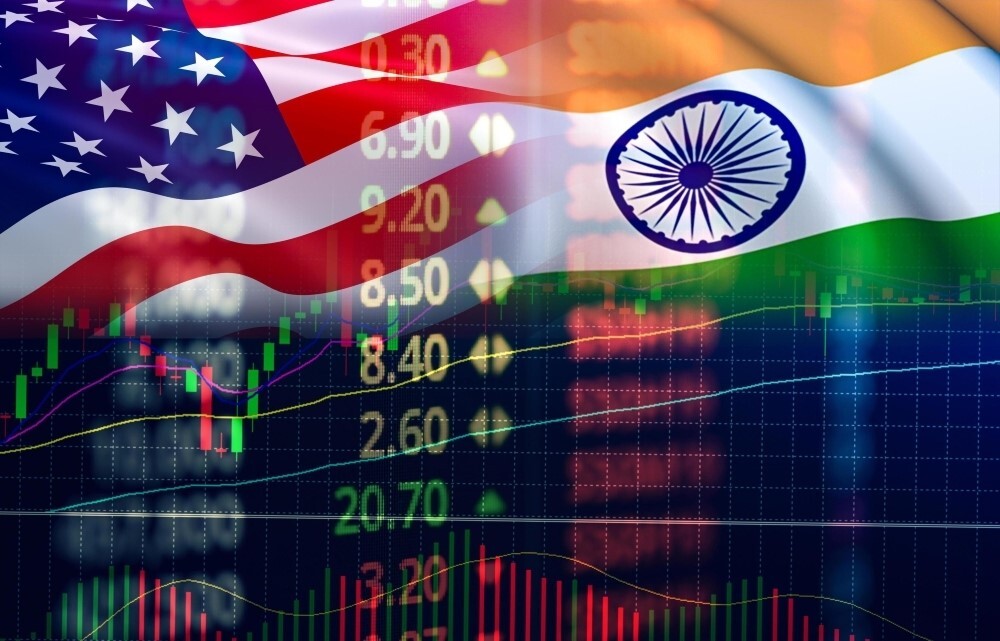

As Indian and U.S. officials engaged in closed-door negotiations to finalise trade deals ahead of July’s tariff hikes, a parallel development added friction to an already delicate situation. The Trump administration formally rejected India’s request for consultations at the World Trade Organization (WTO)—its second such attempt—this time over the steep 25 per cent tariff on auto parts.

Image source: vecteezy.com
The juxtaposition of collaborative trade discussions and WTO resistance has triggered a wave of speculation about Washington’s real intentions. While on one hand, Trump has defended its position by citing national security grounds, which exempts the tariff from WTO jurisdiction, on the other, he has expressed his willingness to hold one-on-one discussions with India on the auto component tariffs, albeit with the condition that the talks take place outside the framework of the WTO’s Agreement on Safeguards.
Meanwhile, India has also reserved the right to impose retaliatory tariffs on US automobile imports, according to an official from India’s Commerce Ministry.
Stakes in India’s auto component sector
 Events
Events
 e-Magazines
e-Magazines
 Reports
Reports
Responses








